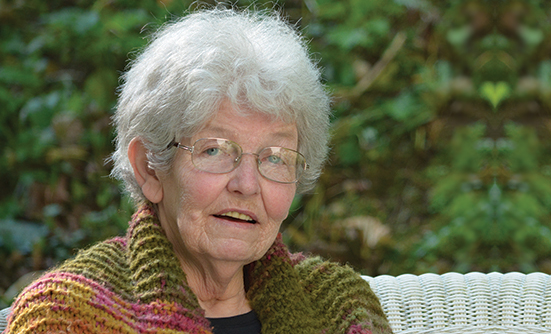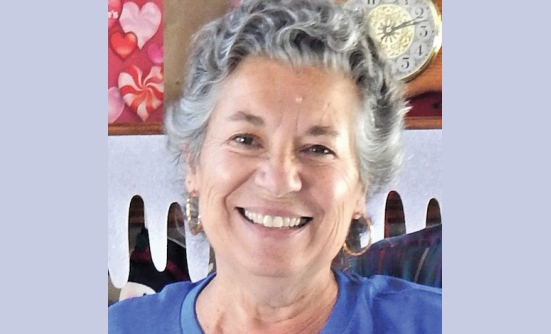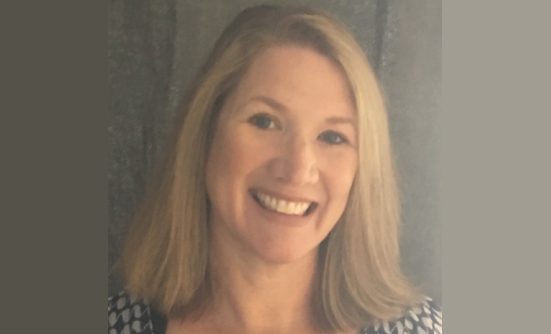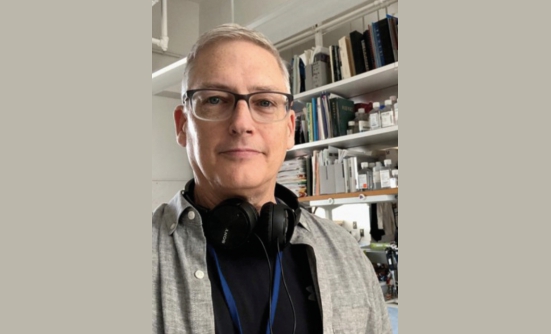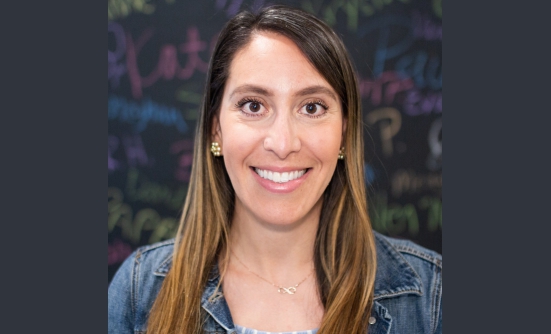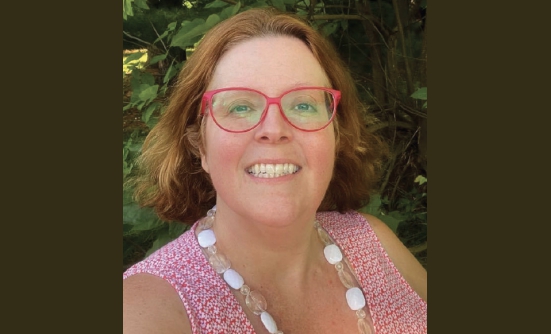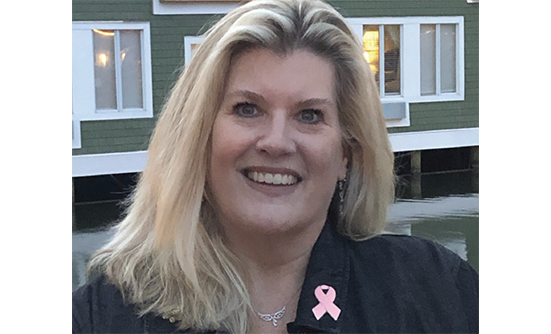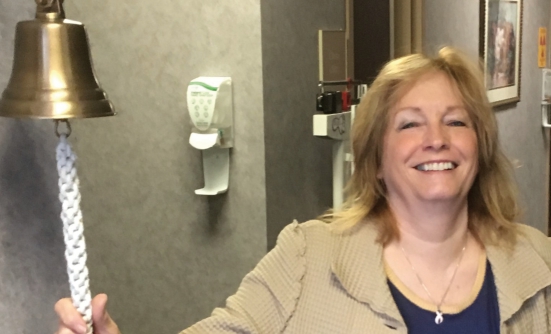No one is truly prepared to hear they have cancer, but after spending 43 years as a registered nurse, I was more comfortable with the diagnostic process than most.
In 2012, I spent the final days of one of my dear friend’s life with her in Wyoming. Shortly after returning home to Maine, I went to the hospital with what I thought was pneumonia. It was initially believed to be a collapsed lung. Then it came. The doctors found a malignancy, but at first they weren’t sure what it was. After weeks of testing, the diagnosis was confirmed—pleural mesothelioma.
Even after 4 decades as a nurse, it was a term I was mainly familiar with through TV commercials asking, “Have you or a loved one been diagnosed with mesothelioma?” I never knew anyone with mesothelioma before my diagnosis, and my local doctors and regional oncologists in Maine never encountered it before. Also, I certainly didn’t fit the typical patient profile.
Mesothelioma: Defying the Odds
Mesothelioma is a rare form of cancer that develops on the lining of lungs, abdomen, or heart. My type, pleural mesothelioma, forms on the thin lining of the lungs. Unlike breast cancer or lung cancer, mesothelioma tumors grow as thin nodules on this protective lining, similar to how mold grows on bread. As cancer cells spread and tumors grow, it causes shortness of breath, coughing, and chest pains.
Only about 3,000 cases are diagnosed each year in the United States, and the majority are older men with a history of asbestos exposure—the primary cause of this cancer.
I never worked in any of these high-risk, blue-collar occupations. My life was spent in healthcare, so when my uncharacteristic diagnosis was delivered, it was a shock, to say the least. And then there was the prognosis.
Many patients with pleural mesothelioma don’t live much more than a year after their diagnosis, even if they are eligible for surgery. I was, and I received a lung-sparing procedure from arguably the best mesothelioma specialist in the country, the late Dr. David Sugarbaker. Through the surgery, 3 rounds of chemotherapy, and now monthly immunotherapy infusions of Keytruda (pembrolizumab), I’m proud to say I’ve beaten the odds, and recently celebrated 7 years as a mesothelioma survivor.
Asbestos Exposure at a Hospital
Having never worked in insulation factories or aboard a Navy ship, I racked my brain trying to figure out how and when I might have been exposed to asbestos, the cause of my rare cancer. Then, it clicked.
In the 1970s, I worked for a hospital in Portland, Maine, that underwent a major renovation. I remember walking through the corridors of the building’s boiler room to clock in and clock out each day, passing by large plastic sheeting separating us from construction areas.
At the time I didn’t think anything of it. It was during a time that asbestos was used heavily in construction, and the dangers weren’t yet widely known.
It wasn’t until about 40 years later that I made the connection. Turns out that it takes 20 to 50 years for mesothelioma to form after someone is exposed to asbestos, but this is something the general public—even a registered nurse—is unfamiliar with.
Still, I try not to dwell on the past. I see this too often with friends and family who become sick and adopt a “why me?” mentality. For me, it was more important to focus on the future and my treatment to beat this rare cancer.
Finding Doctors You Can Trust
Because mesothelioma is so rare, it can be difficult to find doctors who specialize in treating it. No one in my home state of Maine was familiar with it, so I took it upon myself to put in the research and find the best treatment options available.
My online searches quickly led me to The Mesothelioma Center an advocacy group dedicated to helping patients with mesothelioma and their families. My patient advocate, Karen, suggested that I see Dr. Sugarbaker at Brigham and Women’s Hospital in Boston. His name kept coming up through my research.
Dr. Sugarbaker performed a pleurectomy and decortication procedure that took 6 hours. October 3, 2019, marked 7 years since that surgery. I continue to visit Boston to this day, making the 4-hour roundtrip drive to see my medical oncologist David Jackman, MD, and his team at Dana-Farber Cancer Institute. I’ve undergone 3 rounds of chemotherapy after 2 cancer recurrences. I now receive monthly Keytruda infusions under Dr. Jackman’s care.
Last year, Dr. Sugarbaker passed away at age 65. He was the surgeon who gave me years I wasn’t promised, and here I am after he’s gone. Things like that make you appreciate life even more. It is so important to find doctors whom you trust, especially for rare cancers such as mesothelioma.
I wouldn’t be here if it wasn’t for Dr. Sugarbaker, and now Dr. Jackman, who continues to be there for me and work with me on what is best for my quality of life—something that is more important to me than longevity.
I think of Dr. Jackman as more of a friend than just my oncologist. That dynamic isn’t easy to find, but it’s essential when battling cancer. You need to have someone on your side who always keeps your best interest at heart, and who is willing to listen to your wants, needs, and concerns.
Self-Education & Self-Advocacy
My best advice for other patients with cancer is to be their own advocate. I faced a cancer diagnosis 17 years after I lost my husband to complications from diabetes. While I had support from my brothers and close friends, I knew that it was on me to make the best decisions for my health and my life.
All oncologists are not the same. It’s up to you to do the research and find the best specialist for your particular cancer, even if that means leaving your home state to do so.
Fortunately, my background in medicine helps me understand many of the things my doctors tell me, and I’m also aware of drug interactions and how certain treatments affect thyroid function. These are things the average cancer patient likely doesn’t know, unless they are told by their doctors or do their due diligence and research how their cancer and prescribed treatments may affect their body.
Don’t Hesitate to Ask Questions
I’ve learned that you can’t be afraid to ask your doctor questions or even tell them “no” if you don’t feel comfortable with a treatment recommendation. It’s OK to seek a second opinion.
You have to put in the time and effort to make the best decisions for you. For me, quality of life is more important than quantity of life. These are choices you have to make, and then find a healthcare team that respects and supports those decisions. My own self-advocacy is what led me to Dr. Sugarbaker and Dr. Jackman, and it is the reason I have beaten the odds as a 7-year mesothelioma survivor.
Patient Resources
American Cancer Society
https://www.cancer.org/cancer/malignant-mesothelioma/causes-risks-prevention/what-causes.html
Mesothelioma Applied Research
https://www.curemeso.org
The Mesothelioma Center
https://www.asbestos.com





